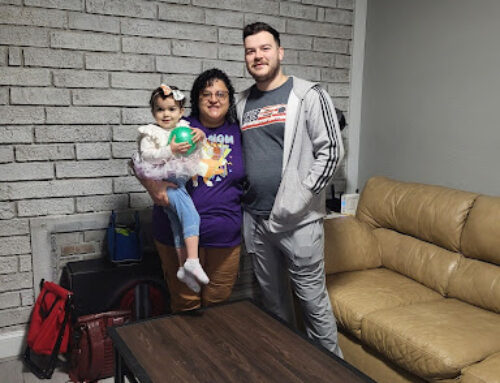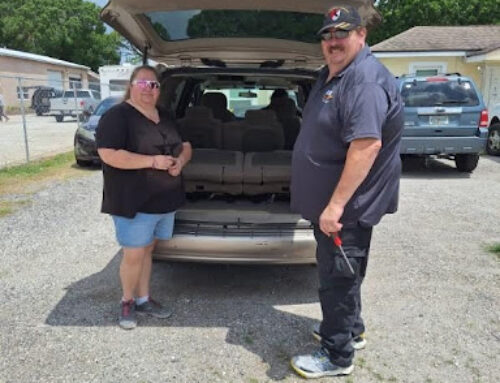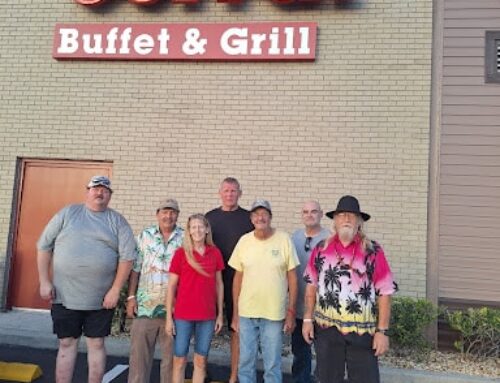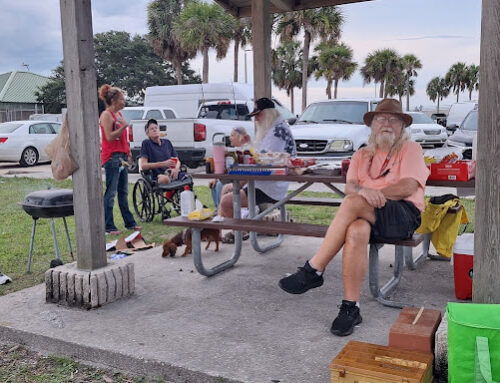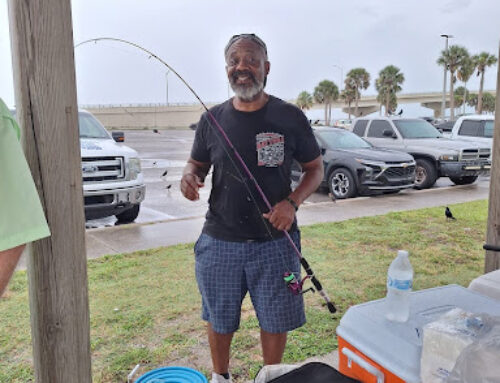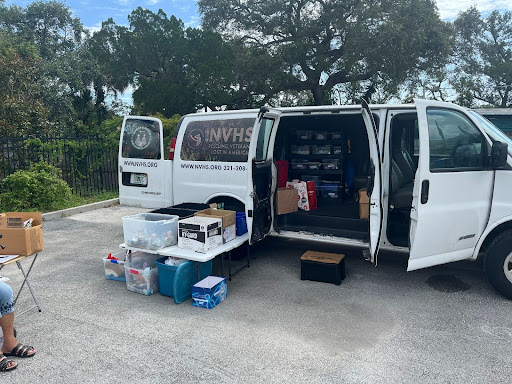 For many veterans, the transition from military service to civilian life can be overwhelming. After serving our country, adjusting to civilian routines, relationships, and responsibilities often feels daunting. These challenges can be compounded by mental health struggles, substance use, trauma, and housing instability. Unfortunately, these pressures contribute to a sobering reality: suicide rates among veterans are significantly higher than among the general U.S. population.
For many veterans, the transition from military service to civilian life can be overwhelming. After serving our country, adjusting to civilian routines, relationships, and responsibilities often feels daunting. These challenges can be compounded by mental health struggles, substance use, trauma, and housing instability. Unfortunately, these pressures contribute to a sobering reality: suicide rates among veterans are significantly higher than among the general U.S. population.
Although veterans make up only 7.6% of the U.S. population, nearly 14% of adult suicides are by veterans. This means veterans are 1.5 times more likely to die by suicide than nonveterans, and female veterans face an even higher risk, 2.1 times that of the general population. For veterans experiencing homelessness, the risks are even more severe. Studies show that veterans with a history of homelessness are nearly eight times more likely to have attempted suicide than veterans who have never been homeless. These numbers remind us that the struggle is real, and the need for support is urgent.
Take the first step toward a safer and more stable life by contacting NVHS today. We understand the challenges you face and are ready to help.
The Struggles That Increase Risk
Veteran suicide is influenced by a combination of individual and socioecological factors. Understanding these factors can help us recognize the signs, intervene early, and provide the support veterans need.
Mental Health Challenges
Mental health conditions play a central role in veteran suicide. Depression, anxiety, post-traumatic stress disorder (PTSD), bipolar disorder, and substance use disorders all increase suicide risk. In fact, veterans with both PTSD and depression have been found to have the highest risk, emphasizing how co-occurring conditions can amplify vulnerability.
Substance Use Disorders
Substance misuse is common among veterans, often as a way to cope with trauma, stress, or mental health challenges. Alcohol, prescription drug misuse, and illicit substance use increase the risk of suicidal thoughts and behaviors. Substance use disorders frequently co-occur with mental health conditions, creating a cycle that can be difficult to break without professional support.
Traumatic Brain Injury
Many veterans experience traumatic brain injuries (TBI) during service. TBIs are associated with increased risk of suicidal ideation, and veterans who have suffered multiple TBIs are at even higher risk. Cognitive changes, emotional instability, and chronic pain following a TBI can intensify feelings of hopelessness.
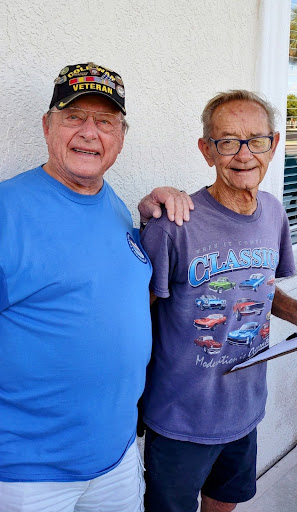 Life Disruptions and Homelessness
Life Disruptions and Homelessness
Major life disruptions, such as relationship problems, job loss, legal or financial troubles, and housing instability, are common stressors that increase suicide risk. For veterans experiencing homelessness, the lack of stable housing adds a daily burden, magnifying feelings of isolation and despair. In addition, poverty, unemployment, and rural isolation can further compound these challenges. Find guidance, resources, and hope by reaching out to NVHS today. Trained professionals can help you navigate housing, mental health care, and recovery.
Military Sexual Trauma
Veterans who have experienced sexual assault or harassment during service are also at heightened risk. Military sexual trauma (MST) is linked to increased suicidal ideation and suicide attempts, particularly among female veterans. Recognizing and addressing MST is critical in suicide prevention efforts.
Access to Lethal Means
Access to firearms is another important factor. Veterans are more likely to own firearms than civilians, and firearms account for the majority of veteran suicides. Safe firearm storage and counseling on risk are essential steps in preventing suicide.
Combat and Deployment Factors
While combat experience alone is not consistently linked to increased suicide risk, exposure to death, killing, or extreme trauma during service can elevate risk in some individuals. Every veteran’s experience is unique, and understanding the specific stressors they faced can help guide support and care.
Finding Hope and Support as a Veteran
 Suicide is preventable, and veterans do not have to face these struggles alone. Recognition of risk factors, prompt intervention, and access to culturally competent care can make a life-saving difference. Both VA and non-VA healthcare providers play critical roles in assessing and mitigating suicide risk.
Suicide is preventable, and veterans do not have to face these struggles alone. Recognition of risk factors, prompt intervention, and access to culturally competent care can make a life-saving difference. Both VA and non-VA healthcare providers play critical roles in assessing and mitigating suicide risk.
However, many veterans are not enrolled in VA healthcare. Only 47% of veterans currently use VA services, leaving a significant number without access to veteran-informed care. Recent programs like the MISSION Act have improved access to care outside the VA, but more outreach and support are needed, especially for veterans experiencing homelessness.
For veterans facing homelessness, reaching out for help can feel intimidating, but taking that first step can change the trajectory of your life. Services that specialize in supporting veterans, like National Veterans Homelessness Support (NVHS), are uniquely equipped to provide immediate resources, housing assistance, and mental health support. NVHS understands the complex challenges that veterans face and offers practical, compassionate support to help you regain stability and safety. Every veteran deserves a safe place to live and the support to heal. Reach out to NVHS today and take the first step toward stability.
You Are Not Alone
If you are a veteran experiencing homelessness or struggling with thoughts of suicide, it’s important to know that help is available. NVHS provides confidential support and guidance, connecting veterans to the resources they need for housing, mental health care, and substance use treatment. Seeking help is not a sign of weakness; it is an act of courage and self-respect.
Start Your Path to Stability Today
Every day, veterans are overcoming immense challenges and rebuilding their lives with the right support. You deserve that support, too. NVHS is ready to stand with you, help you navigate resources, and provide the care and assistance you need to move toward stability and hope.
Connect with National Veterans Homelessness Support today to take the first step. You don’t have to face homelessness, mental health struggles, or suicidal thoughts alone. Your service to our country deserves care, safety, and hope, and NVHS is here to provide it.

